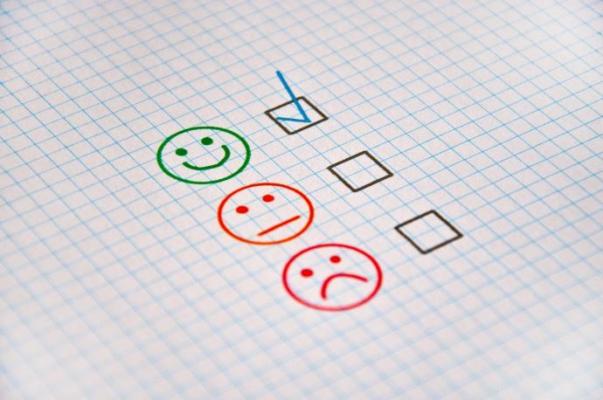At the end of 2022, the learning team at Cambridge Network completed a final review of training feedback from our open calendar courses and we're considering ways to improve our feedback process for the year ahead. Before a learning programme occurs, a lot of thought goes into the learning needs assessment process, identifying learning objectives and creating high-quality content. However, in my experience, it is rare that the same amount of time and effort goes into analysing what happens after the core learning activity has taken place.
Organisations seem to be collecting more data than ever on feedback forms, but is this data useful? A frustration of mine when looking at these surveys is that the core purpose often seems to have been overlooked. Yes, it is important that you know if the room was too cold or the food was awful, as these do impact on the learner’s overall experience and ability to focus on the content. However, I find that all too often feedback surveys have these procedural and practical aspects at their core. People often shy away from asking the difficult questions, like ‘how are you going to use this learning in your workplace’ and ‘how will you evidence behaviour change’, fearing that the person will become frustrated and stop answering the survey. But what is the point of the process if it’s not to collect this kind of meaningful data?
It is estimated that globally organisations spend over £245 billion on work-based learning. If that eye-watering figure isn’t enough to warrant a few challenging questions in a feedback form and a more rigorous post-course assessment process, I don’t know what is. What is the return on investment here? What can be expected in the next phase of each learner’s journey? How are they going to be held accountable for using their new knowledge and skills? Who is going to monitor their progress?
As an external training provider, it can sometimes be difficult for our team to truly own the feedback process once learning initiatives have been completed. For our in-house programmes, we do our best to help the organisation understand the course content and what changes may occur in each learner’s skills and behaviour set. However, the reality is that without a long-term relationship or a clear feedback structure which can be used by line managers or the internal HR team, we may be unable to assess the full impact of the learning.
The Cambridge Network learning team are going to be completing a full review of our feedback processes, for both our open and in-house courses, this year. Once this process is complete, we will let you know what changes have been made and come back with some best practice tips for organisations to consider when looking at their own feedback processes. Watch this space!
Image: athree23, pixabay
